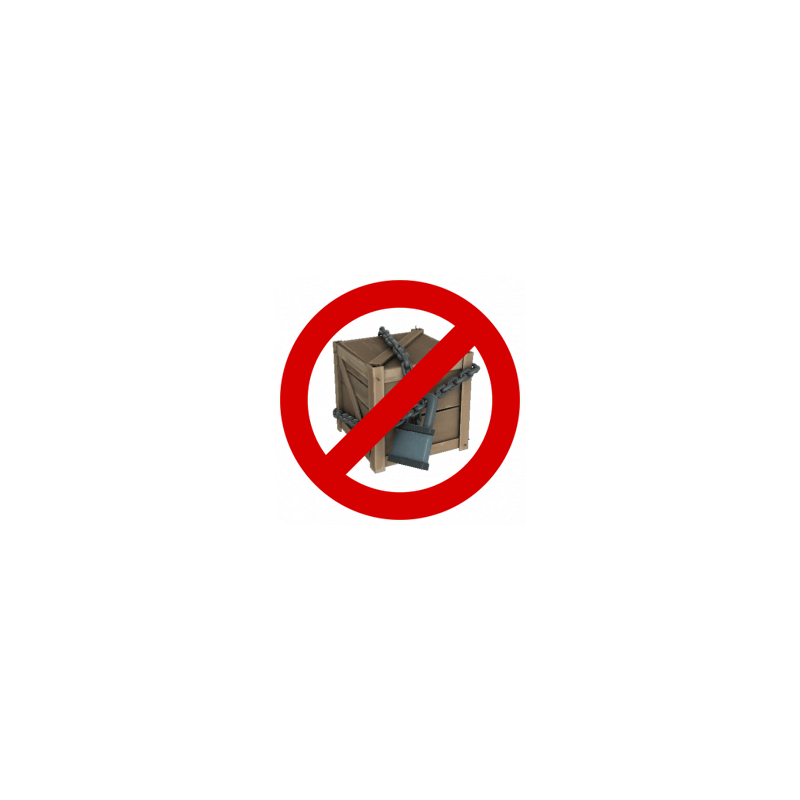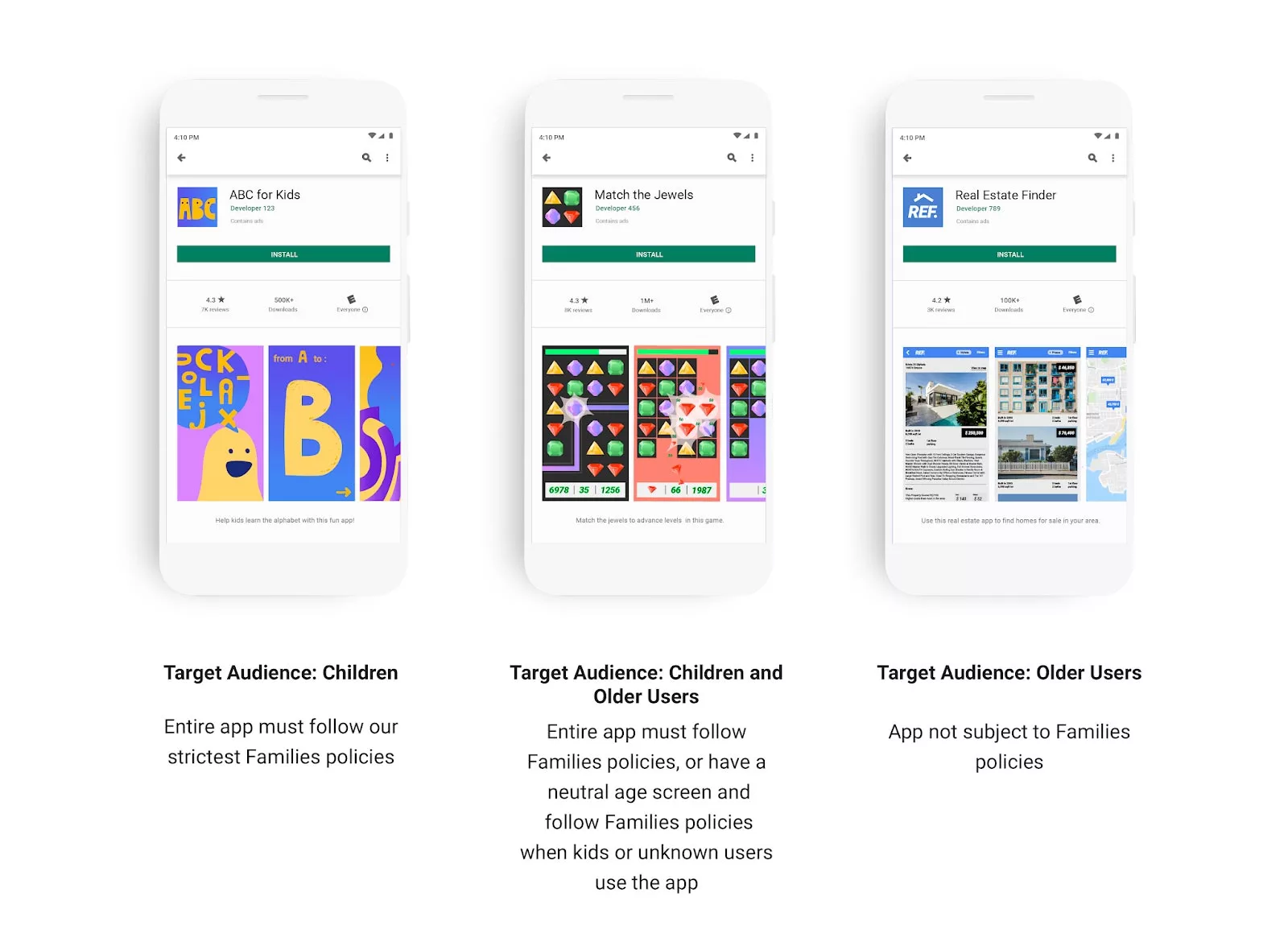
Those who play games on their mobile devices, must have frequently encounter those 'loot boxes' that give them certain bonuses.
In video games, those loot boxes can contain virtual items which can be redeemed to receive a randomized selection of further virtual items, ranging from simple customization options for players, to game-changing equipments such as weapons and armor.
But here is the thing: loot boxes contain random things, and this somehow makes them addictive, just like gambling.
To make Android apps more kid-friendly, Google Play Store starts requiring developers to disclose the odds of players on receiving items in those loot boxes.
“Apps offering mechanisms to receive randomized virtual items from a purchase (i.e. ‘loot boxes’) must clearly disclose the odds of receiving those items in advance of purchase,” according to Google’s updated policy listing.
Paid, randomized loot boxes, as opposed to items earned through normal gameplay, have been on lawmakers’ and regulators’ radar for quite some times.
Belgium for example, has defined loot boxes in games as a form of gambling, forcing some companies to either stop offering them, or pull their games out of the Belgian market. China too has required game companies to disclose the odds of receiving valuable items since 2017, and in the U.S., a law would ban the sale of loot boxes to minors.
The strategy of offering loot boxes in games has also generated lawsuits. In one instance, parents of an underage player sued Fortnite, claiming that their children had been harmed by “predatory” Llama loot boxes.
In addition to the loot box rule, Google also requires game developers to set a target audience for their apps, and apps that target children must follow its family policies.
This includes limiting the type of advertising that can appear, adding safety warnings to augmented reality experiences, and disclosing what kind of information they’re gathering about their children gamers. Apps that are specifically aimed at children, should also follow the stricter rules of a “Designed for Families” category.
This is to "ensure that apps for children have appropriate content, show suitable ads and handle personally identifiable information correctly," wrote Kanika Sachdeva, Product Manager, Google Play, in an Android developer blog post.
This is also to "reduce the chance that apps not intended for children could unintentionally attract them."

Epic Games as the Fortnite developers, changed its policies in January 2019 so that players could see what they were buying.
Among others such as Star Wars: Galaxy of Heroes has also began offering Pack Probabilities in August 2018. The same goes for the game Godzilla Defense Force, which stated that the chances of getting a 5 star-level card in certain packs is 4 percent.
Other changes to the Google Play policies include cutting down the number of sexualized contents, as well as hate speech. The updated rules ban nudity unless the content is "educational, documentary, scientific or artististic [sic], and is not gratuitous."
What this means, games are forbidden to depict "sex acts or sexually suggestive poses" and "sexual aids".
As for hate speech, Google defined it as inappropriate content under the updated policies, with restrictions on apps that assert, theorize, or encourage the idea "that a protected group is inhuman, inferior or worthy of being hated...or discriminated against."
And as part of the change, Google also banned developers from selling marijuana directly through apps.
All apps must comply with the updated rules by September 1st.
The move can certainly make Google Play Store a better place for the general users, despite being relatively late. Competitor Apple has changed its policies to forbid these since late 2017.